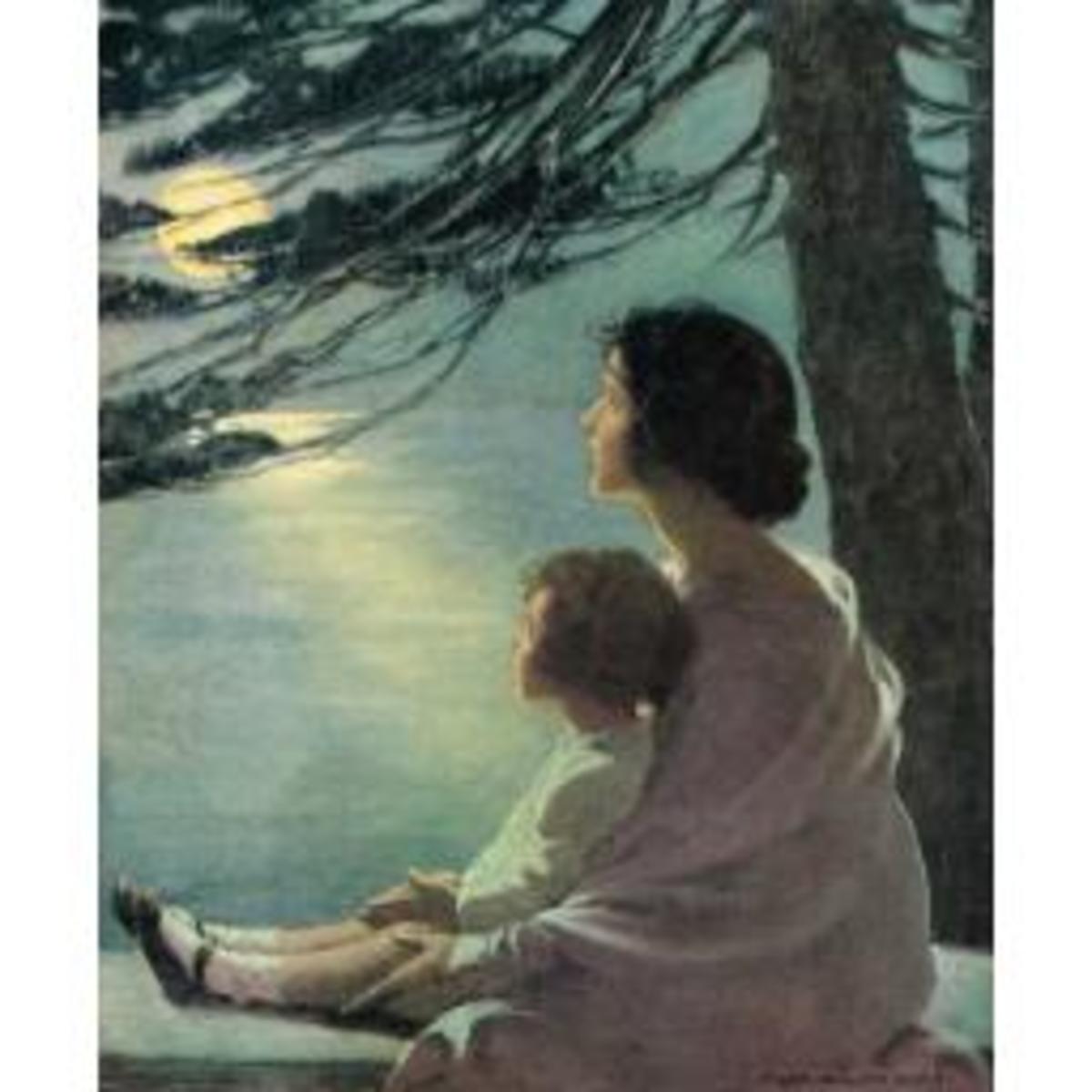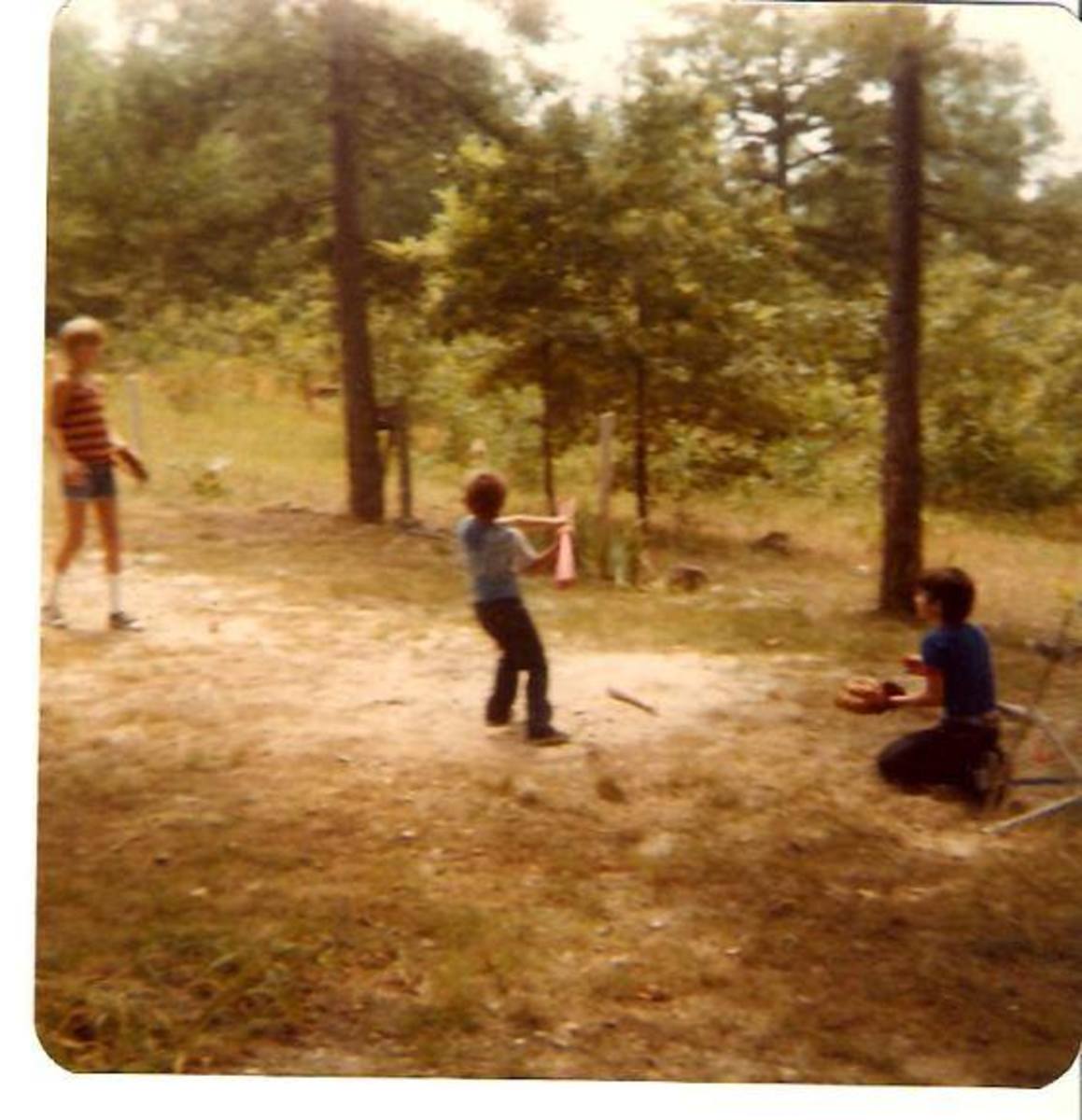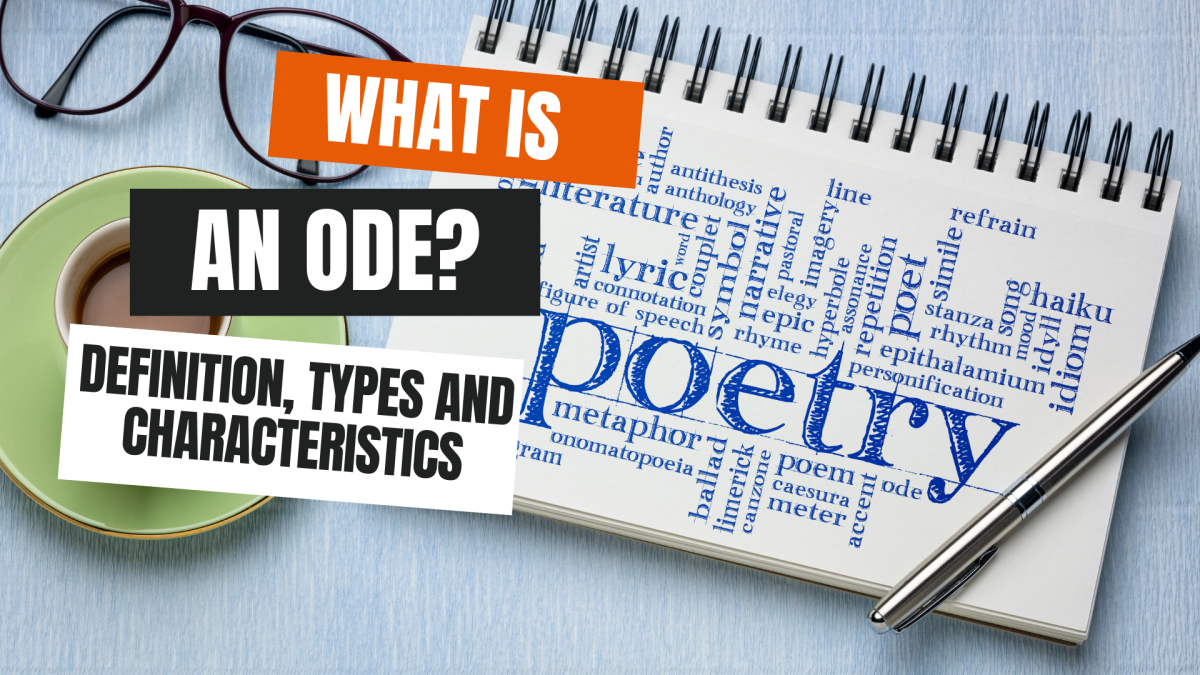Memory and Forgetting Seen with Poetry
10 Things You Didn't Know About Human Memory
Memory
A memory lasts this long, many times days and days, eternity,
Where have I placed you today, a thought, now lost, once here,
A glance, even a glare, at times a stare, gaze, or an eagle’s eye,
Such sweet sorrow may be thought, especially when lost, a dare.
Memories are a result. They are a result of recall. Memories could be concrete, abstract, absolute, and too without resolve arriving from depths not known. Memory is encoded into our neuro-network of synapses firing electrical pulses. They can be like a raging storm tossing bolts of lightning crashing thunderously upon a forest with swirling winds. Or, those impulses may be calm like the undulating gentle waves along a seashore rolling upon your toes. That encoding continues recording the created memory of the learning process amidst the old stored in a box with depths unknown.
There is that memory . . . over there

Types of Memory
There you are, I have missed you today, share a smile with me,
A new friend is looking for you today, oh . . . I forgot the name,
I dun’no do you, what is that new friend’s name, sounds the same,
I know plenty with that name, they all look different too, changed.
There are three central types of memory. There is:
- Sensory memory – The ability to recall something sensed after the stimulus has ended. The cup of coffee was hot, so sipping is prudent to gulping it.
- Working or short term memory – Like a post-it note it is readily accessible. A usual capacity is to hold up to seven thoughts at the same time and those are easily retrievable. When no longer needed or used they fade to long term memory.
- Long term memory – This is the box of all the memories that are not sensory or working memory. They are accessible, yet they must be searched out within the neuro-network like looking up a word in the dictionary.
Recalling Memory
How are you today, I remember you from yesterday, back again,
Will you be staying long? More than a fleeting thought? Come back,
Silence shrouds, deafening vision, where have you gone, who are you,
I know that name, you look different, do I know you, are you new again,
Psychology says we recall memory. Memory does not recall it forgets. Once forgotten in that box it goes with many, many more. But, we can remember if first we recall. That requires an invitation or a command. Sometimes the command is threatening and recall does not occur.
Fear grips hard with the voice of that command to know. To know many times is only to see while may not be heard through listening. To see may be at times very cruel especially of that memory. Maybe that is why it was once said by Robert Louis Stevens “The cruelest lies are often told in silence” . . . silence of memories.
Recall Enigma

Forgetting
Who am I, where is this place I am at, how did I get here, where is everyone,
There . . . hushed silence, a friend I know, a friend who does not judge, tranquility,
Fear is close, a ruckus there, silence abruptly gone, I remember, I am, I am here,
There is where I can go, I know there too, it is not here, or over there, now gone.
No need to go there, not allowed, the road sign says stop along that highway,
I hope my friend is not there today, I wish my friend would leave there now,
I feel alone while my friend runs back there again and again, I must knock now,
Only a moment or two, got to run now, please forgive me, I’ll be back, promise.
We all seem to forget while many simply do not recall. The study of forgetting is part of the greater study of learning and memory. There are several theories about how we forget. Four common and central themes for forgetting are:
- Retrieval failure or decay theory shares a memory trace occurs every time we learn something while we are constantly learning. We even relearn old things. Decay memory means simply those traces decay as time fades just like an old highway does when a new interstate is built. If not continued to be driven upon then the route is forgotten. However, it may remain stable within long term memory.
- Interference says there can be competition between two memories and one loses. At times it may linger interfering with something being learned or relearned. When very close to the same like an army in uniforms the memory may never form.
- Proactive interference means an old memory makes it difficult or impossible to remember a new memory.
- Retroactive interference says a new memory makes it a challenge for your ability to remember previously learned information.
Vuelo Noturno, (Night Flight) by Daniel Valcarce,

- Failure to store may mean an encoding failure. That is when a sensory or working memory never makes it into long term memory. This may be due to biological as well as learning causes. Amnesia resulting from a blow to the head may cause failure to store. Brain chemistry may disallow ability to store something learned like information.
- Motivating forgetting is actually seeking to forget. That may occur through suppression a conscious means of forgetting and repression a subconscious means of forgetting. Repression is not universally accepted by all of psychology since it is very difficult to study. A consideration is strengthening memory is through rehearsing and the action of remembering increase a memory’s value and importance. A painful event may not be recalled because purposefully it is not remembered becoming a weaker memory.
There you are, where have you been, I have been looking for you for a while now,
I am sure glad to see you again, how have you been, you look to be well, Amazing,
Yes, yes, yes all goes well, oh yes there are many tribulations, trials always abound,
Today is a great day, I am glad you are with me today, I am glad to be with you again.
Poetry at times while not always is a tribute to a memory or memories. For instance there is an ode. That is a poem where a person expresses a strong feeling of love and respect of something or someone. An ode is usually written with a formal format with stanza structure. However, an ode is written based on a memory. That memory is as much cherished as the person or the thing.
An epic poem follows along that same pathway as does the ode. An epic poem many times again with a structured lyrical form of stanza is a narrative of a heroic adventure related to the poet’s culture. It too is based upon a memory or collection of memories.
Haiku Poetry & Imagery combine forming a Haiga . . . a Memory

We can easily see through those and many free forms of poetry today the poem can be a tribute to a memory, even though the memory is questionable, controversial, or even forgotten. Poetry is linked to memory and memories can be remembered more easily through poetry.
Poetry as other forms of art can be used as a tool for rehearsing as well as an action of remembering. Importance is caused to be significant allowing for that memory within that large box to be found like a candle flickering in deep, dark cave. Whether the poem is published publicly, shared with an intimate friendship, or stored in a binder it becomes a conduit to a moment or even a lifetime of memory.
© 2015 Tim Mitchell








